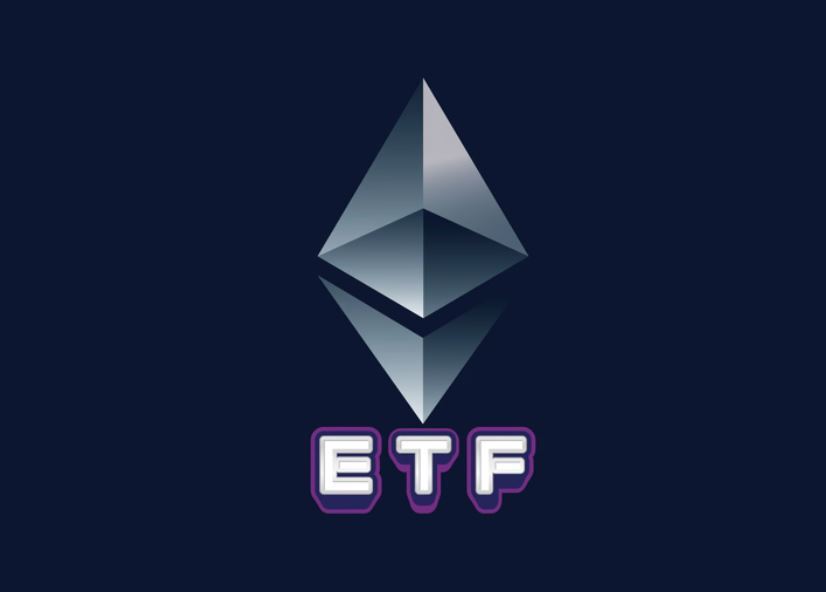PayProtocol, the company behind Paycoin, has unveiled its plan to launch a Mastercard-powered debit card on April 30.
The card, which was developed in partnership with Swiss neobank SR Saphirstein AG, aims to allow users to spend cryptocurrencies like Paycoin (PCI), Ethereum (ETH), and USD Coin (USDC) at Mastercard merchants worldwide.
Read also: Bitcoin, Ethereum, Solana, others gain as cryptocurrency hits $2.84 trillion in 24 hours
Paycoin Mastercard features
According to a statement on Monday, the Paycoin Mastercard will feature a self-custody structure, giving users complete control over their assets while accessing Mastercard’s global payment network.
With a monthly top-up limit of 1,000 Swiss francs, the card will support both online and offline transactions and is compatible with Apple Pay and Google Pay. Initially, the card was already available in the EU and European Free Trade Association regions; PayProtocol plans to expand to more countries and add additional cryptocurrencies in the future.
Paycoin has already gained notable recognition in South Korea, where it is accepted by over 10,000 merchants, including 7-Eleven, Domino’s Pizza, and KFC. Therefore, the new development signifies a strategic move to enhance its global adoption, starting in Europe.
Following the announcement, Paycoin’s price surged 5.7 percent, while its daily trading volume increased by 900 percent to $7.8 million, according to CoinGecko. Despite being 98 percent below its all-time high, the card’s introduction could be a turning point for PCI’s utility and market presence.
However, the card’s success will depend on regulatory compliance, user adoption, and how well it addresses challenges like crypto volatility and security. For now, the crypto community eagerly awaits its April 30 debut, viewing it as a major step toward mainstream crypto payments.
Read also: Nigerian court adjourns Binance tax evasion trial to April 30
How to obtain your Paycoin Mastercard
Users interested in the Paycoin Mastercard can download the PayProtocol app, where the card will be issued.
Holding PCI, ETH, or USDC will allow for seamless top-ups once the card goes live. As PayProtocol expands its services, this initiative could redefine how cryptocurrencies are used in daily transactions.



